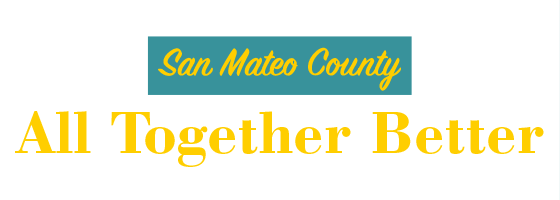Promising Practices
The Promising Practices database informs professionals and community members about documented approaches to improving community health and quality of life.
The ultimate goal is to support the systematic adoption, implementation, and evaluation of successful programs, practices, and policy changes. The database provides carefully reviewed, documented, and ranked practices that range from good ideas to evidence-based practices.
Learn more about the ranking methodology.
Filed under Evidence-Based Practice, Health / Disabilities, Adults
Goal: The program's goal was to eliminate the waiting period for access to health care benefits for newly entitled SSDI beneficiaries, and see if this investment has long-term benefits.
Impact: The AB Demonstration project successfully increased the use of health care services and reduced the reported unmet health care needs of participants in the program.
Filed under Evidence-Based Practice, Health / Older Adults, Adults, Older Adults, Urban
Goal: CAPABLE is a 5-month structured home visit program delivered by an occupational therapist (OT), a registered nurse (RN), and a handyman to improve daily function in older adults and to lower the monthly average Medicaid expenditure and likelihood of costly healthcare services.
Impact: This study demonstrates that home visit programs can improve the daily quality of life in aging adults. Additionally, they can lead to a reduction in Medicaid expenditures via lower inpatient costs and lower long-term care costs.
Filed under Evidence-Based Practice, Education / Childcare & Early Childhood Education, Children, Rural
Goal: The goal of ELSB is to help moderately to severely disabled children develop the skills and behaviors they need to succeed in a standard reading program.
Impact: ELSB demonstrates that reading skills curriculum adapted to alternative instructional needs of cognitively disabled children can more effectively improve literacy as compared to sight-word-only programs.
Filed under Evidence-Based Practice, Health / Heart Disease & Stroke
Goal: The goal of the training program is to provide skills essential for the daily management of stroke survivors.
Filed under Good Idea, Economy / Employment, Adults
Goal: Aspiritech's mission is to provide a path for high-functioning individuals on the autism spectrum to realize their potential through meaningful employment.
Filed under Effective Practice, Health / Maternal, Fetal & Infant Health, Children, Families
Goal: The goal of Babies Can't Wait is to guarantee access to early intervention services for infants and toddlers with special needs.
Filed under Effective Practice, Health / Disabilities, Children, Teens
Goal: The mission of this program is to stabilize students, help them earn their high school diploma, and prepare them for a future as productive workers.
Filed under Good Idea, Health / Children's Health, Children, Families
Goal: Children's Village seeks to connect children with special needs and their families with supportive services.
Filed under Effective Practice, Economy / Employment, Children
Goal: The goal of the DO-IT Scholars Program is to increase the participation of individuals with disabilities in challenging academic programs and careers. Its mission is to promote the use of computing and networking technologies to increase independence, productivity, and participation in education and employment.
Filed under Effective Practice, Health / Heart Disease & Stroke, Racial/Ethnic Minorities, Urban
Goal: The goal of this program is to use education and exercise improve outcomes for urban African American stroke survivors.

